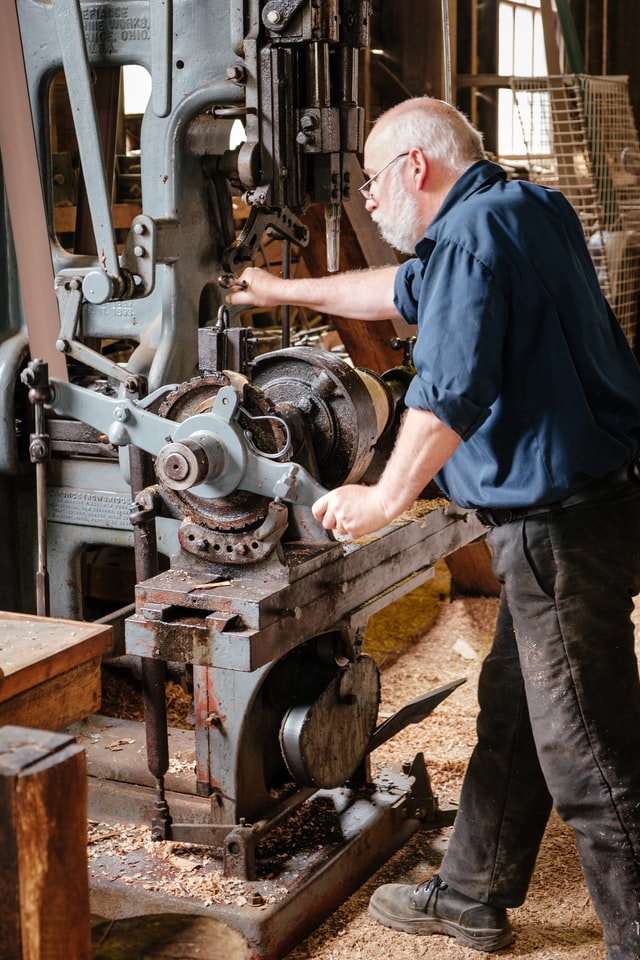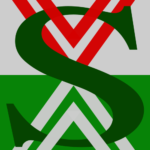Professions
Old family cards or death certificates often contain interesting things that are not always included in a family tree. For example, the exact time of death, an address or whether someone was transferred to the ‘infirmary’. Or the profession of the person reporting a deceased person to the municipality.
There were a lot of professions that we don’t know anymore or are not called that anymore. At the beginning of the last century, for example, a funeral director was called a ‘court attendant’.

Below is a list of such professions found in our sources:
| Profession | Description |
|---|---|
| Retainer | After a ‘douwer’ had pushed a red-hot rivet into a hole in a ship’s hull, the retainer stopped the rivet with a heavy hammer. On the other side of the plate, a ‘clinker’ struck the nail. After cooling, the nail had shrunk and the plates were stuck together. |
| bookbinder | craft and art of holding together sheets of written paper. |
| butter deliverer | someone who brought butter to the door. |
| cafe owner | someone who served drinks to groups of people, mainly before 2020 (after that, a reigning coronavirus made this impossible). |
| Classifier | someone who cleans ships (after 1950 mainly oil). |
| Maid | someone who does domestic work as an employee. |
| Grainweger | someone who weighed sacks of grain, their work was made redundant by the rise of grain elevators. |
| Ironworker | Someone who uses a lathe to make objects from iron bars, for example a screw. |
| wood turner | Someone who cuts objects out of wood with a lathe and a chisel, for example a spinning top or a chair leg. The profession still exists. |
| boiler maker | Someone who welds parts of (steam) boilers together. |
| Coal worker | someone who loads and unloads coal in a factory. |
| coppersmith | someone who processes soft metals such as copper, brass or zinc. |
| Grocer | trader in dry foods, replaced by supermarket. |
| Letterzetter | someone who arranged lead blocks with a letter on them into words and sentences. An entire page full could then be printed on paper. |
| Milk dealer | milkman, he brought fresh milk to the door. |
| state constable | law enforcement officer in small rural communities. |
| ship sheller | carpenter, who provides the inside of ships with eg windows, stairs and doors. |
| Ship vowel | someone who connected steel plates with clinkers for the walls of a ship. |
| coal worker | coal man, someone who brought coal, used for heating. |
| Bars | someone who, on a steamer, takes the coal from a bunker and takes it to the furnace (the Dutch word ‘Tremmer’ comes from the English ’to trim’). |
| Carter | someone who drives a vehicle pulled by animals. |
| sand former | someone who made molds from sand into which copper was poured to make engine parts. |
| Without a job | housewife or stopped working. |
Many sources contain occupations related to dock labour, which makes sense when you consider that many Sparrebomen lived in or around the port city of Rotterdam.
Some of the above appeals may have been mistranslated from Dutch. Please send a message if you have a better translation.




